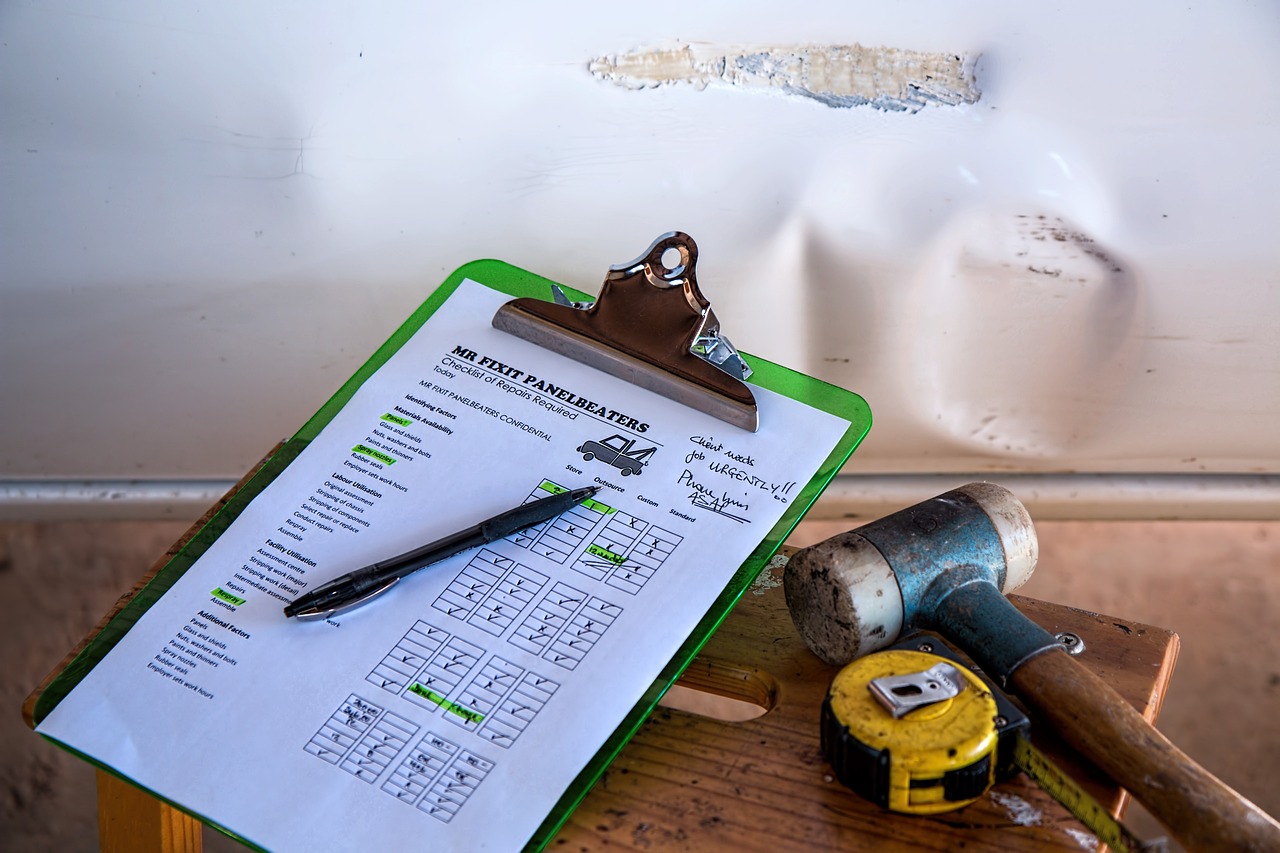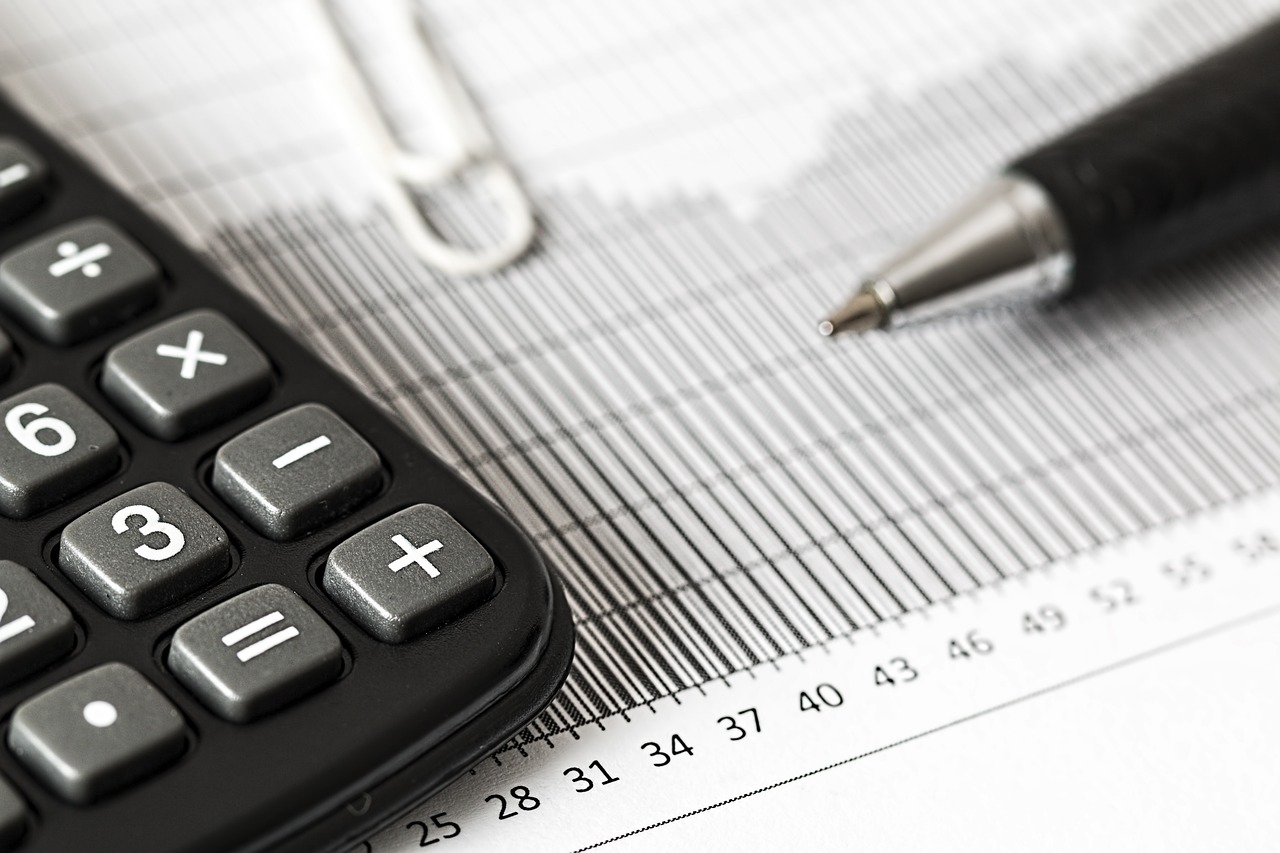
Introduction
In a world filled with uncertainties, insurance offers a safety net to protect our assets and investments. However, the best approach to handling insurance claims is preventing them from occurring in the first place. In this comprehensive guide, we’ll delve into strategies and tips to help you prevent future insurance claims. Whether you’re a homeowner, a business owner, or an individual seeking to safeguard your assets, these proactive measures can make a significant difference in your financial stability and peace of mind.
Preventing Future Insurance Claims
Insurance claims can disrupt our lives and financial stability. By taking proactive steps, you can reduce the likelihood of future claims and the associated stress. Here are some effective strategies to consider:
Conduct Regular Risk Assessments
Regular risk assessments are a cornerstone of preventing insurance claims. Identify potential hazards in your environment, such as faulty wiring, slippery floors, or outdated equipment. Addressing these risks promptly can significantly lower the chances of accidents and incidents that lead to claims.
Maintain Proper Maintenance
Whether it’s a home, a vehicle, or a business facility, proper maintenance is key to preventing claims. Regularly inspect and maintain your property, equipment, and vehicles to ensure they are in optimal condition. This can prevent accidents caused by neglect and demonstrate your commitment to safety.
Invest in Security Measures
Security measures can deter theft, vandalism, and other criminal activities that could result in insurance claims. Install security cameras, alarms, and access control systems to protect your property. Additionally, consider improving lighting and signage to enhance safety.
Educate and Train Personnel
If you run a business, your employees play a crucial role in preventing claims. Provide comprehensive training on safety protocols, emergency procedures, and proper equipment usage. Empower your staff to identify and report potential hazards promptly.
Stay Informed About Policy Coverage
Understanding your insurance policy is essential for preventing future claims. Regularly review your coverage to ensure it aligns with your needs and any changes in your circumstances. This will help you avoid gaps in coverage that could leave you vulnerable to unexpected events.
Implement Disaster Preparedness Plans
Natural disasters can strike unexpectedly, causing extensive damage. Develop and implement disaster preparedness plans tailored to your location and industry. These plans should outline steps to take before, during, and after a disaster to minimize losses.
Foster a Culture of Safety
Creating a culture of safety within your household or organization can have a lasting impact on preventing insurance claims. Encourage open communication about safety concerns, recognize and reward safe practices, and continually reinforce the importance of preventing accidents.
LSI Keywords in Outlines:
| Heading | Subheading |
|---|---|
| Risk Management | Understanding and Mitigating Potential Risks |
| Property Maintenance | Tips for Regular Property Maintenance |
| Security Solutions | Enhancing Security with Modern Solutions |
| Employee Training | Empowering Your Workforce with Safety Education |
| Policy Understanding | Navigating Insurance Policies with Confidence |
| Disaster Readiness | Building Resilience through Comprehensive Plans |
| Cultural Emphasis on Safety | Instilling a Safety-First Culture for Long-Term Benefits |
FAQs (Frequently Asked Questions)
How can I reduce the risk of accidents at home?
Regularly inspect your home for potential hazards, such as loose wires, uneven flooring, and cluttered spaces. Address these issues promptly and consider installing safety features like handrails and non-slip mats.
What steps can I take to prevent business-related insurance claims?
Invest in security systems, conduct employee training on safety protocols, and have a disaster preparedness plan in place. Regularly review your insurance coverage to ensure it meets your business’s evolving needs.
How does regular maintenance impact insurance claims?
Proper maintenance reduces the likelihood of accidents caused by negligence. Regular inspections and repairs demonstrate your commitment to safety, which can positively influence insurance claims.
Can educating employees really make a difference in preventing claims?
Absolutely. Well-informed employees are more likely to identify and address potential hazards. Providing comprehensive safety training fosters a proactive approach to preventing accidents.
How often should I review my insurance policy?
Review your insurance policy annually or whenever a significant life event occurs. Changes in your circumstances may necessitate adjustments to your coverage to ensure adequate protection.
What should a disaster preparedness plan include?
A disaster preparedness plan should outline evacuation procedures, emergency contacts, and steps to secure assets. It should also include post-disaster actions, such as damage assessment and insurance claims initiation.
Conclusion
Preventing future insurance claims requires a proactive mindset and a commitment to safety. By conducting risk assessments, maintaining your property, investing in security measures, and educating personnel, you can significantly reduce the likelihood of accidents and incidents that lead to claims. Stay informed about your insurance policy coverage and implement disaster preparedness plans to ensure you’re prepared for unexpected events. By following these strategies, you’ll not only safeguard your assets but also contribute to a safer and more secure environment for yourself, your loved ones, and your business.


